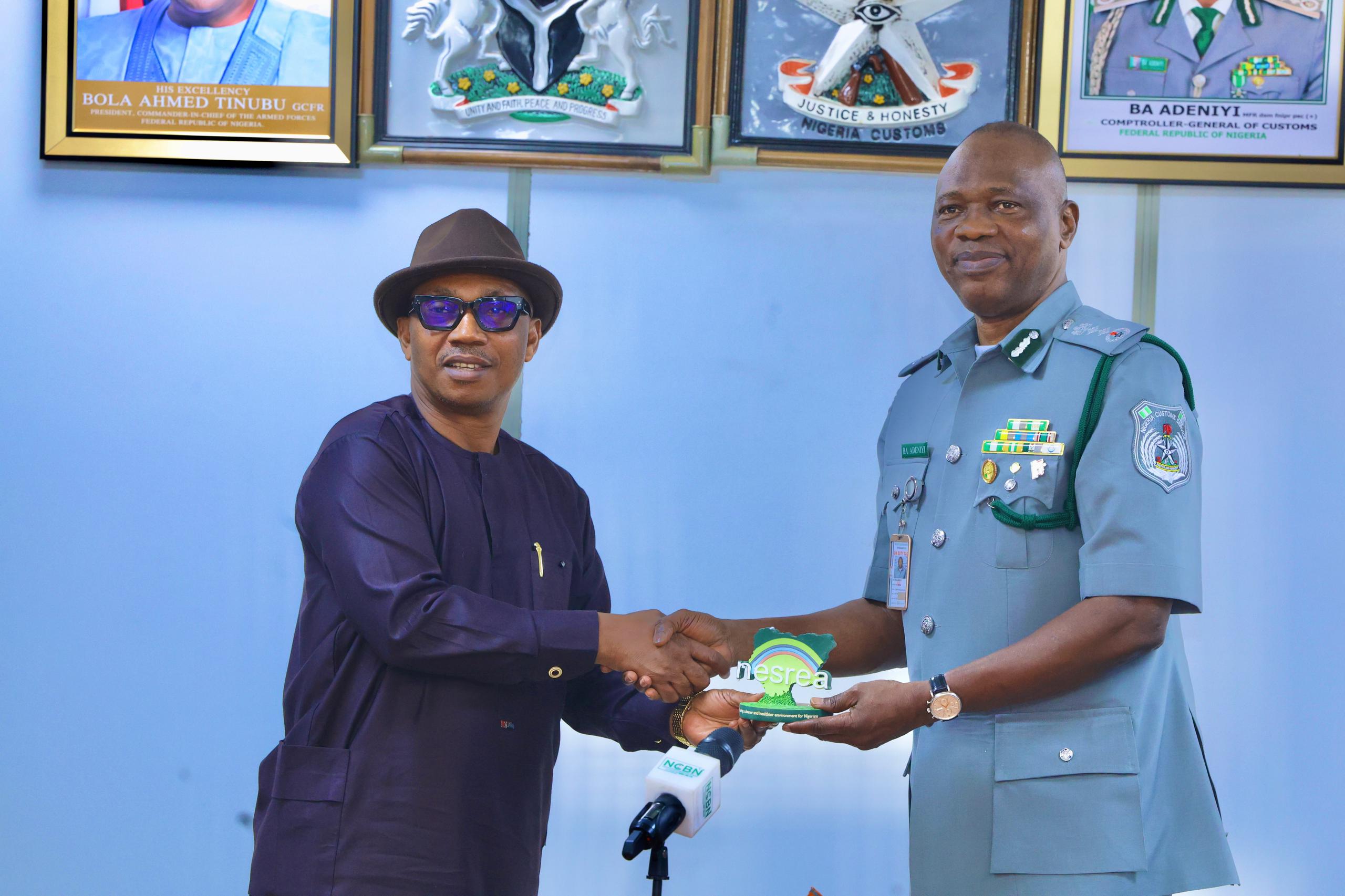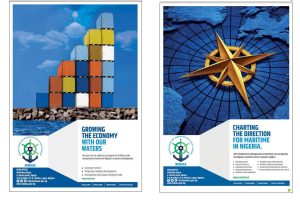

SUSTAINABLE DEVELOPMENT: CUSTOMS, NESREA STRENGTHEN COLLABORATION ON ENVIRONMENTAL PROTECTION

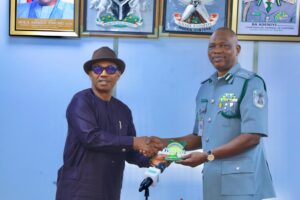
The Comptroller-General of Customs (CGC) Adewale Adeniyi has reaffirmed the Nigeria Customs Service’s (NCS) commitment to enhancing collaboration with the National Environmental Standards and Regulations Enforcement Agency (NESREA) to ensure environmental safety, trade efficiency and regulatory compliance.
Speaking on Tuesday, 4 February 2025, during a courtesy visit by NESREA’s management team to the Customs Headquarters in Abuja, Adeniyi described inter-agency synergy as crucial to achieving national economic and security goals.
“We recognise the importance of collaboration and partnership. Many of us have witnessed the golden era of synergy between Customs and NESREA, whether at seaports or border stations. Our commitment to this partnership remains unwavering,” CGC Adeniyi stated.


He noted that the World Customs Organization (WCO) consistently advocates active cooperation between regulatory agencies, highlighting how such partnerships drive trade facilitation, environmental enforcement and national security.
Adeniyi also outlined the NCS’s 2024 achievements, including surpassing its N5.1-trillion revenue target by November and exceeding N6 trillion by December – achievements attributed to improved efficiency and strategic collaborations.
“These successes are not just about revenue; they reflect our efforts to create a structured, technology-driven trade environment,” he explained.

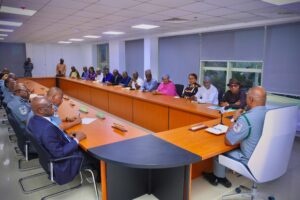
He emphasised the Service’s commitment to digital transformation, intelligence gathering and strategic alliances, proposing deeper digital integration with NESREA to streamline regulatory enforcement. “If we can establish a digital handshake between our platforms – seamlessly sharing data, approvals and compliance information – we can significantly enhance environmental protection while improving trade efficiency,” Adeniyi added.
NESREA’s Director-General, Dr Innocent Barikor, commended Customs for its progressive reforms and reaffirmed the agency’s commitment to stronger collaboration. He stressed the need for stricter enforcement of environmental regulations, particularly in restricting hazardous imports.
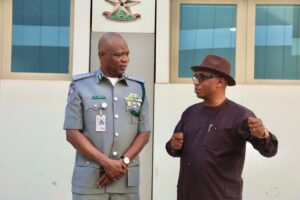

“Customs and NESREA share a common law enforcement responsibility, especially at the nation’s borders,” Dr Barikor stated. He outlined NESREA’s role in enforcing 35 environmental regulations covering air, land and sea pollution and waste management.
Dr Barikor also raised concerns over the increasing importation of end-of-life electronics and other environmentally harmful goods, warning that improper disposal poses severe risks. “Some organisations are importing goods that no longer align with environmental best practices, particularly electronic waste. Our inability to manage the resulting hazardous chemicals is already affecting our ecosystem,” he cautioned.
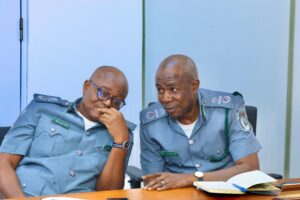

He emphasised the need for Customs to enforce import restrictions on environmentally unsafe goods and called for greater participation in environmental advocacy, regulatory policymaking and compliance monitoring. Dr Barikor also highlighted the importance of joint training and capacity-building initiatives to strengthen collaboration between both agencies.

